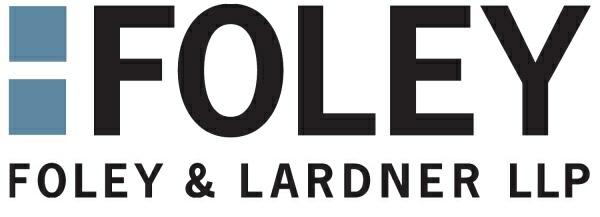Explore ACC's selection of global, regional, and country-focused resources to help in-house counsel navigate legal, business and career issues arising from the COVID-19 (coronavirus / 2019-nCov) crisis.
This sample policy covers medical providers giving financial assistance to eligible patients for costs not covered by insurance.
This article provides recommendations on how to minimize regulatory risks associated with patient assistance programs in the United States.
Navigating the complexities of a product recall can be challenging, but having a well-structured plan in place minimizes risks and ensures compliance.
In this checklist, we outline the six key steps every company should follow when faced with a potential recall—ranging from the initial determination of whether a recall is necessary to conducting a thorough after-action review. This guide can serve as a resource for any business looking to protect consumers and its brand during a recall event.
This article discuses the Federal Trade Commission (FTC) finalized amendments to the Negative Option Rule, now retitled the “Rule Concerning Recurring Subscriptions and Other Negative Option Program.“
The rule represents a significant overhaul of the regulatory framework governing how companies handle subscription services and automatic renewals.
This article discusses the Center for Medicare & Medicaid Services (CMS) final regulation interpreting the 60-day Refund Rule for Medicare Parts A/B (Traditional Medicare) and C/D (Medicare Advantage (MA) and the Prescription Drug Plans).
This resource covers how to create and enforce effective document retention policies, especially for organizations in the health-care industry.
The multi-jurisdictional guide explores pricing and reimbursement laws and regulations impacting healthcare and pharmaceutical sectors.
In February 2024, the U.S. Department of Health and Human Services (HHS) issued the much anticipated final rule to update the Confidentiality of Substance Abuse Disorder Patient Records regulations at 42 CFR Part 2 (Part 2).
This article discusses the amendments to Part 2 and its most impactful revisions, including the amendments to loosen patient consent requirements, regulate SUD counseling notes, and create new patient rights and breach notification requirements.
